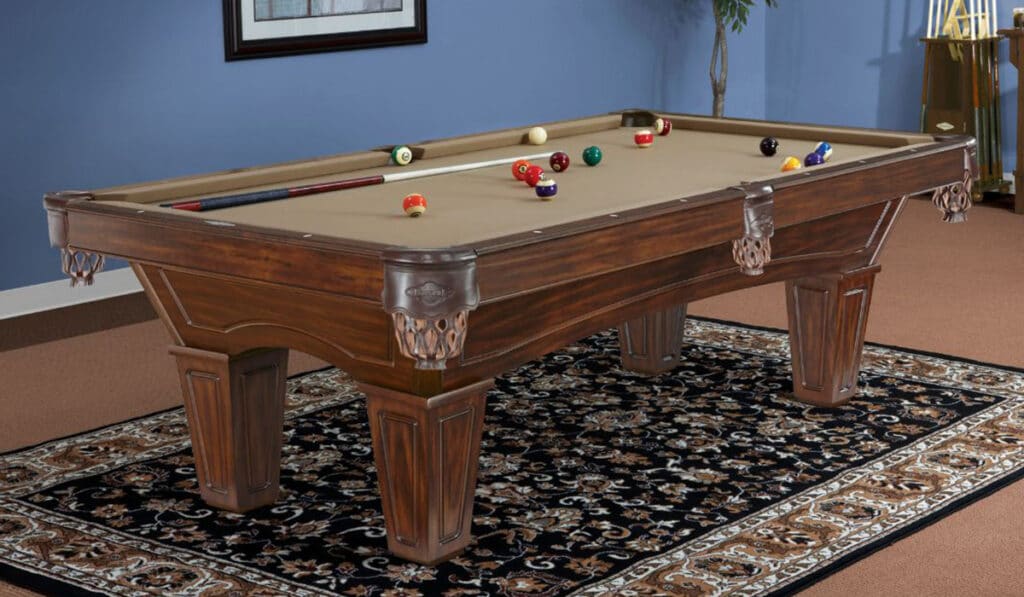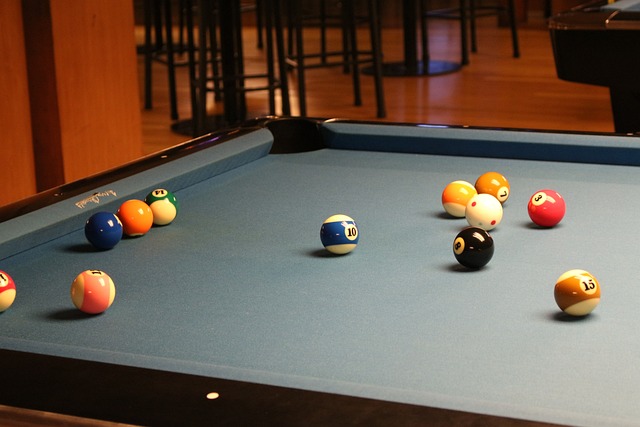
There are many choices when it comes to pool cues. These vary in size and weight, so it's important to choose a cue that's right for your skill level and play style. It's easy to become overwhelmed by the sheer number of cues available, but it is possible to find the perfect one for you. Here are the main types.
The first thing to consider when buying a new pool cue is length. Because a shorter length allows you to reach overhead and lift the cue while stroke, A longer length will allow for you to better control and manage the stroke. Also, make sure the cue is appropriate for your height and arm length. You will need a 48-inch or 52-inch pool cue if your child is tall. You can also choose a longer cue, such as a 61 inch cue, if you are an adult.
It is also important to consider what tip you use. Many pool cues come standard with a leather or multi-layered tip. A layered tip is more durable and consistent. Nylon, suede, linen and other materials are available. It is crucial that tips are not too rough or greasy. They will quickly wear out, so it's important to buy a tip that lasts.

Next is the ferrule. The ferrule protects the cue against damage by being located under the tip. Pool cues with nylon ferrules are better for handling heavy balls. They are not as susceptible to vibrating, which could affect your accuracy.
Additionally, it is important to inspect the joint on your cue. Most pool cues are equipped with joints that run half to three quarters of the length of the shaft. Joints that are closer to the center are usually the most convenient. Cues with central joints are easier to store.
The shaft is key to a high-quality, top-of-the line pool cue. Top-of-the line shafts are usually between $300 and 500 dollars. Popular shafts in brass or carbon fiber are also available.
You'll notice that some pool cues made from hardwood are made of other materials. Maple is a common wood used for pool cues in the United States. However, you can also find ones made from exotic woods. Even if you select a cheaper option, ensure it is strong enough to withstand heavy cue balls.

Your pool cue's wrap should be smooth. The wrap should be free of knots and raised areas. Some cues do not require a wrap. You might prefer a more customized design.
As you can see there are many things to consider when buying a pool cue. A good pool cue can give you the power and precision you need to reach your goals, no matter if you are an avid player or just starting to learn.